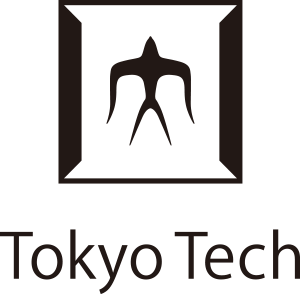SPEAKERS
Keynote Lecture 1
The Magic Mix for Sustainable Energy - Hydrogen, Carbon Dioxide, Synthetic and Natural Hydrocarbons: Reaction and Separation Technologies to Make it Work!
Andrei G. Fedorov
Woodruff School of Mechanical Engineering, Georgia Institute of Technology
Email: AGF@gatech.edu
Short Biography

Andrei G. Fedorov is the Rae S. & Frank H. Neely Chair Professor in the School of Mechanical Engineering at Georgia Tech. His current research focuses on materials and chemical processing for sustainable energy and fuels, thermal management of high power generation devices, and MEMS-enabled bioanalytical instrumentation, and electron-beam-mediated direct-write nanomanufacturing.
Dr. Fedorov’s accomplishments have been recognized by peers, including the 2006 Branimir F. von Turkovich Outstanding Young Manufacturing Engineer Award from the Society of Manufacturing Engineers (SME) “for contributions and accomplishments in the manufacturing industry” and the 2007 Bergles-Rohsenow Award in Heat Transfer from the American Society of Mechanical Engineers (ASME) for “sustained contribution to heat, mass, and radiation transfer.” Dr. Fedorov is a recipient of the 2010 Gustus L. Larson Memorial Award, given jointly by Pi Tau Sigma (International Mechanical Engineering Honor Society) and the ASME, in recognition of outstanding achievements in mechanical engineering within 10-20 years following graduation. Dr. Fedorov authored/co-authored over 200 archival articles in premier technical journals and refereed conference/symposia proceedings, along with numerous invited and keynote presentations at the major national and international conferences. He serves on Editorial Advisory Boards of the Nanoscale & Microscale Thermophysical Engineering, the International Journal of Multiscale Computational Engineering, International Journal of Interfacial Phenomena and Heat Transfer, Journal of Nanoelectronics and Optoelectronics, and Transactions of the Japanese Society of Mechanical Engineers (JSME); and many government agencies and major corporations worldwide. Fedorov has been listed among the “World Top 2% Scientists”, Stanford World Ranking of Scientists in All Fields (2019, 2020).
Dr. Fedorov's research has led to development of new technologies for various applications, resulting in over 40 issued US patents and numerous pending applications. For his inventions of biomedical devices, the World Technology Network (WTN), in cooperation with AAAS Science Magazine, CNN and leading technology companies, selected Dr. Fedorov as a WTN Associate and one of the twenty five “most innovative people and organizations in the science and technology world”. Dr. Fedorov was an invited participant in the 2006 National Academy of Engineering (NAE) Frontiers of Engineering Symposium, gathering "the nation's top 100 engineers between the ages of 30-45 from academy, industry and national labs." Dr. Fedorov was recognized with the NASA Invention & Contribution Board Award for development of catalytic reactor technologies, as well as multiple inventor recognition awards from the Semiconductor Research Corporation (SRC) and Microelectronics Advanced Research Corporation (MARCO). With his students he has started two technology companies to commercialize his inventions. He serves on the Board of Directors of Horizon Theatre Company, a leading contemporary theater in Southeast of the United States.
Invited Lecture 2
Occupant Detection and Activity Recognition for Smart Buildings
Lihua Xie
School of Electrical and Electronic Engineering, Nanyang Technological University
Email: elhxie@ntu.edu.sg
Short Biography

Lihua Xie received the Ph.D. degree in electrical engineering from the University of Newcastle, Australia, in 1992. Since 1992, he has been with the School of Electrical and Electronic Engineering, Nanyang Technological University, Singapore, where he is currently a professor and Director, Delta-NTU Corporate Laboratory for Cyber-Physical Systems and Director, Center for Advanced Robotics Technology Innovation. He served as the Head of Division of Control and Instrumentation from July 2011 to June 2014. He held teaching appointments in the Department of Automatic Control, Nanjing University of Science and Technology from 1986 to 1989.
Dr Xie’s research interests include robust control and estimation, networked and multi-agent systems, localization, smart buildings, and unmanned systems. He is an Editor-in-Chief for Unmanned Systems and has served as Editor of IET Book Series in Control and Associate Editor of a number of journals including IEEE Transactions on Automatic Control, Automatica, IEEE Transactions on Control Systems Technology, IEEE Transactions on Network Control Systems, and IEEE Transactions on Circuits and Systems-II. He was an IEEE Distinguished Lecturer (Jan 2012 – Dec 2014). Dr Xie is Fellow of Academy of Engineering Singapore, IEEE, and IFAC.
Keynote Lecture 3
Lithium-ion Battery Degradation and its Diagnosis
Hajime Arai
Department of Chemical Science and Engineering, School of Materials and Chemical Technology, Tokyo Institute of Technology
Email: arai.h.af@m.titech.ac.jp
Short Biography
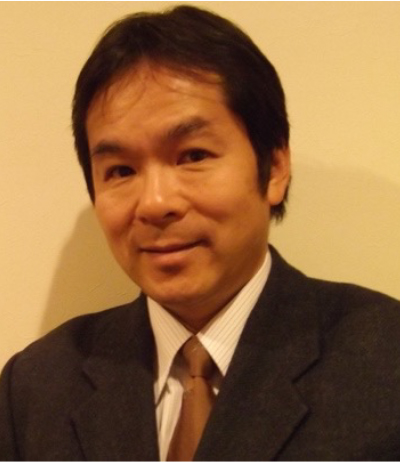
Master course graduation in 1989 (Kyoto University) and worked in Nippon Telegraph and Telephone (NTT) in 1989-2010, engaged in research and development of lithium-ion batteries and solid oxide fuel cells. Doctoral degree in 1998 (Kyoto University). Visiting Scientist in Paul Scherrer Institute, Switzerland in 1998-1999. Visiting Professor in Tokyo Institute of Technology in 2008-2010. Retired from NTT and started to work in Kyoto University for developing advanced batteries and their analysis in 2010. Retired from Kyoto University and started to work Tokyo Institute of Technology as a full professor in 2017, engaged in research and development of aqueous batteries, all-solid-state batteries, lithium-ion battery diagnosis and operando analysis of batteries till now. Specialized in electrochemistry and inorganic chemistry. Currently the head of Energy Science and Engineering Graduate Major of Tokyo Institute of Technology.
Lab. Website: http://www.echem.titech.ac.jp/~arai/index.html
Youtube: https://www.youtube.com/watch?v=OS5uVr5xm7Q
Keynote Lecture 4
Seasonality in the impact of solar power generation on the electricity price level and variability
Kazuhiko Ohashi
Graduate School of Business Administration, Hitotsubashi University & Tokyo Tech Academy of Energy and Informatics, Tokyo Institute of Technology, Tokyo, Japan
Email: kohashi@hub.hit-u.ac.jp
Short Biography
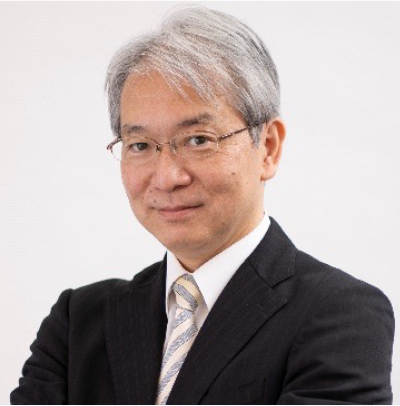
Kazuhiko OHASHI is a professor of finance jointly appointed by the graduate school of business administration (SBA), Hitotsubashi University and the Tokyo Tech academy of Energy and Informatics. After receiving his Ph.D. at the Sloan School of Management, MIT in 1993, he joined Hitotsubashi University in 1996 via visiting scholars at McGill and Stanford Universities and assistant professor at Tsukuba University. He is one of the founders of the graduate school of international corporate strategy established in 2000, a part of which is the predecessor of the SBA, Hitotsubashi University. His research interests lie in financial innovation and risk management i.e., how and in what mechanism risks are traded and shared through innovation and trading of new securities. The area of his research ranges from building theoretical models to empirical analysis especially on commodities e.g., a structural model of electricity prices, a derivative pricing model for co-integrated oil products, a model of emission permits as a commodity-spread, and so on. Prof. Ohashi serves for the infrastructure of financial market as a councillor of the Institute for Monetary and Economic Affairs, Bank of Japan and an outside director of the Japan Securities Clearing Corporation. He is currently a board member of the Asian Finance Association and the Nippon Finance Association (NFA), and was president of the NFA in 2008-10 and 2014-16.
Keynote Lecture 5
Challenges and Pathways for Accelerating the Sustainable Energy Transition
Reinhard Madlener
Institute for Future Energy Consumer Needs and Behavior (FCN), School of Business and Economics / E.ON Energy Research Center, RWTH Aachen University, Aachen, Germany and Department of Industrial Economics and Technology Management, Norwegian University of Science and Technology (NTNU), Trondheim, Norway
Short Biography
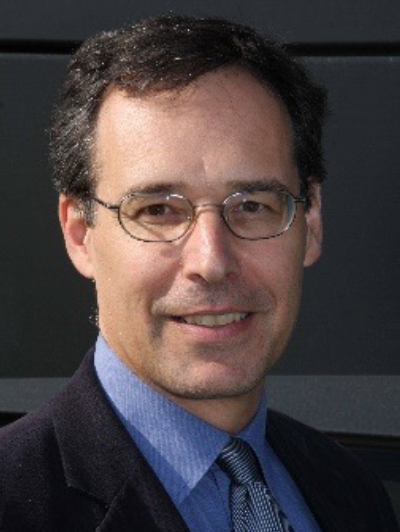
Reinhard Madlener was born in 1964 in Dornbirn, Austria. He studied international business economics and paedagogics at the Vienna University of Economics and Business Administration (WU Wien) first, followed by economics at the Institute for Advanced Studies Vienna (IHS). He obtained his Ph.D from WU Wien in the economics and social sciences (Dr. rer. soc. oec.) in 1996, specializing in general economics, environmental economics, and statistics. Before taking up his position as a Full Professor in Energy Economics at RWTH Aachen University in June 2007, he was Managing Director of the Institute for Advanced Studies Carinthia (1999-2000), Assistant Professor at the Centre for Energy Policy and Economics (cepe), ETH Zurich (2001-2007), and Senior Researcher (and Honorary Professor) at the German Institute of Economic Research / DIW Berlin in 2007 (from 2008–2012). Among others, he was a visiting researcher at the University of Illinois (Urbana-Champaign), the European University Institute (Florence, Italy), and the University of Warwick (Coventry, UK). He specializes in energy economics, management, and policy-making; energy consumer needs and behavior, structural change in energy systems; economics of technical change, technology adoption and diffusion; as well as investment under uncertainty, risk management and portfolio optimization. Professor Madlener is one of four institute heads of the E.ON Energy Research Center (E.ON ERC) established at RWTH Aachen University in 2006, and Director of the Institute for Future Energy Consumer Needs and Behavior (FCN), founded by him in June 2007. He has published extensively in international journals, is a Senior Editor of the journal Energy Policy, and has conducted many disciplinary and interdisciplinary research projects also with industrial involvement.
Invited Lecture 6
Distributed Decision Making for a Renewable-rich Grid Edge
Anuradha Annaswamy
Department of Mechanical Engineering,Massachusetts Institute of TechnologyCambridge, MA, USA
Email: aanna@mit.edu
Short Biography
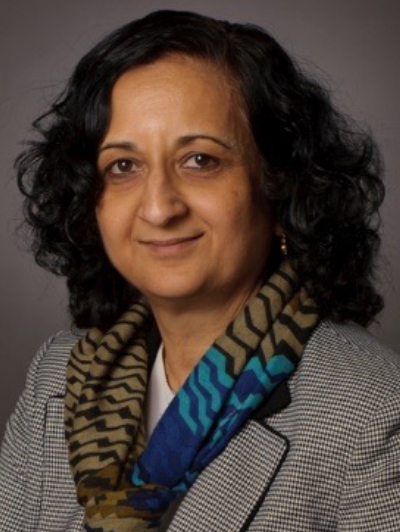
Dr. Anuradha Annaswamy is Founder and Director of the Active-Adaptive Control Laboratory in the Department of Mechanical Engineering at MIT. Her research interests span adaptive control theory and its applications to aerospace, automotive, propulsion, and energy systems as well as cyber physical systems such as Smart Grids, Smart Cities, and Smart Infrastructures. She has received best paper awards (Axelby; CSM), as well as Distinguished Member and Distinguished Lecturer awards from the IEEE Control Systems Society (CSS) and a Presidential Young Investigator award from NSF. She is a Fellow of IEEE and International Federation of Automatic Control. She is the recipient of the Distinguished Alumni award from Indian Institute of Science for 2021.
Anu Annaswamy is the author of a graduate textbook on adaptive control, co-editor of two vision documents on smart grids as well as two editions of the Impact of Control Technology report, and a member of the National Academy of Sciences Committee study that published a report on the Future of Electric Power in the United States in 2021. She served as the President of CSS in 2020. She has been serving as a Faculty Lead in the Electric Power Systems workstream in the MIT Future Energy Systems Center since September 2021.
Keynote Lecture 7
Engineering next-generation nitride-based light emitters
Michael J. Gordon
Dept. of Chemical Engineering
Solid State Lighting and Energy Electronics Center (SSLEEC),Institute for Collaborative Biotechnologies (ICB)
University of California, Santa Barbara
Email: gordon@ucsb.edu
Short Biography
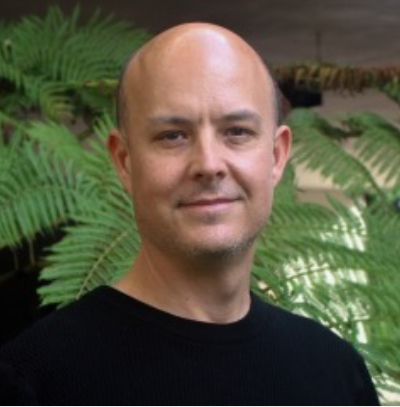
Michael J. Gordon is the Robert G. Rinker Founders Chair, Vice-Chair for Undergraduate Affairs, and Professor in the Department of Chemical Engineering at UC Santa Barbara. He is also a member of UCSB’s Solid-State Lighting and Energy Electronics Center (SSLEEC) and the Institute for Collaborative Biotechnologies (ICB). Mike received his BS/MS (ChE) from the Colorado School of Mines, MS (Applied Physics) and PhD (ChE) from the California Institute of Technology, and was a post-doc at the Laboratoire des Technologies de la Microélectronique in Grenoble, France. He has been recognized for research with the NSF Career Award, Packard Fellowship, and Vaughn Lectureship at Caltech, as well as for teaching, receiving the Northrop-Grumman Excellence in Teaching Award, UCSB Campus-wide Distinguished Teaching Award, and the student-selected Outstanding ChE Faculty Award seven times. Mike’s research interests include understanding and engineering light-matter interactions, IR and III-nitride devices/photonics, plasmas and plasma-surface interactions, spectroscopy, and (electro)catalysis.
Contact Us:
Management Operations Office
